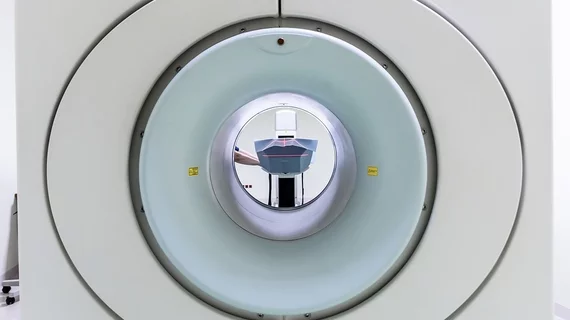Australian hospital opens $21M MRI suite to support complex neurosurgery
Australia’s Sir Charles Gairdner Hospital has opened the doors on a $21-million MRI renovation after more than a year of construction, government officials announced this week.
The project, funded by the Australian and Western Australian governments, implements technology that allows for more complex neuroimaging and brain surgeries, Ken Wyatt, AM, the Federal Minister for Aged Care and Minister for Indigenous Health, said in a release. Wyatt, alongside Western Australian Minister for Health and Mental Health Roger Cook, officially opened the new suite July 6.
“MRI services are better able to identify structures within the brain and brain tumors than other imaging techniques,” Wyatt said. “When coupled with real-time imaging during surgery, this provides for significantly more precise procedures, promising improved outcomes for patients.”
The intraoperative MRI suite is the first of its kind for adults in Western Australia and is named after Western Australian neurosurgeon Neville Knuckey, who has spent more than two decades advancing the field and who’s been a long-time supporter of the project. Knuckey, who previously headed the Department of Neurosurgery at Sir Charles, is now knee-deep in stroke research at Australia’s Perron Institute.
Cook said in a release that the $21-million suite was born from a 10-year wish to improve imaging and neurosurgery services in the area.
“This will bring Sir Charles Gairdner Hospital in line with comparable service models offered not just interstate, but worldwide,” he said. “Western Australians will benefit from more precise and sensitive imaging techniques than ever before, including enhanced identifying capabilities for structures within the brain and brain tumors.”

